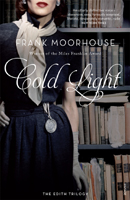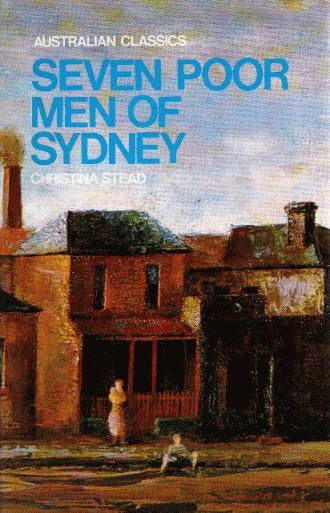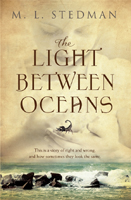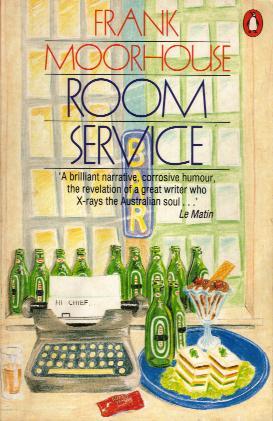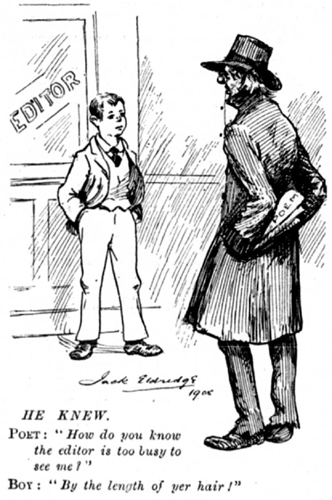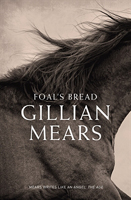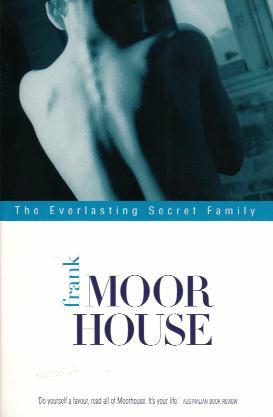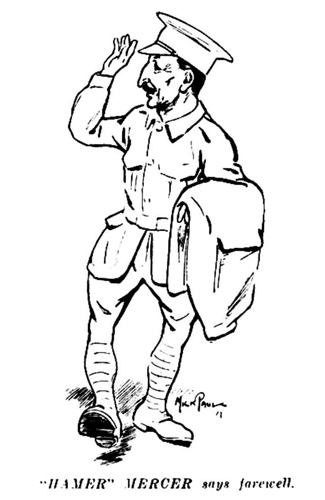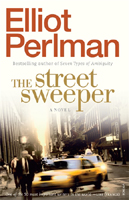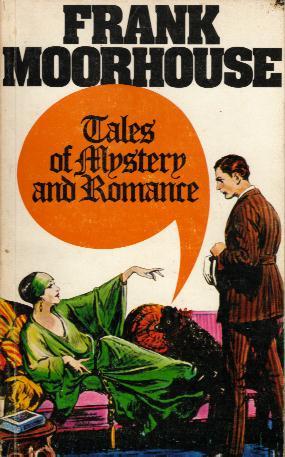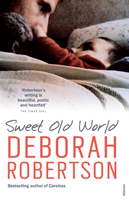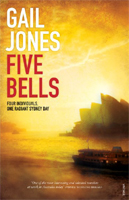The following is the second of a three-part discussion of the works of Christopher Brennan that took place in the pages of The Sydney Morning Herald
during 1936. It began with a report of a lecture by Hilary Lofting, and will conclude next week with letters to the paper in reply to the essay below.
BRENNAN'S POEMS.
A Literary Misapprehension.
(BY JOHN SANDES.)
Mr. Hilary Lofting, in addressing the Fellowship of Australian Writers on July 15 on the poetry of the late Chris. Brennan, stated, according to the report in the "Herald" next morning, that "there is no published collection of his works." Mrs. Mary Gilmore, who is herself a well-known authoress, in referring to the statement by Mr. Lofting, wrote in a letter to the Editor of the "Herald". "The desire to see Christopher Brennan published in enduring form is equally a desire to see Australians stand face to face among the writers of the world." It may surprise the lecturer, and also Mrs. Mary Gilmore, as well as the reading public in general, to learn that Chris. Brennan's poetical work, or, at any rate, a large part of it, was published by subscription in Sydney, shortly before the war, by G. B. Philip and Son, Pitt-street. A few copies of it are still available at the publishers' well-known bookshop.
Turning over a mass of old letters and papers recently, this present writer came across a cutting from a Sydney morning newspaper. The cutting was printed early in the fateful year 1914. The journal itself has since passed away, or, perhaps, it might be more truthfully said of it, in the words of another great poet, that it
" . . . has suffered a sea-change into something rich and strange."
The cutting contained a review article entitled "Three Poets," "An Appreciation." It dealt with "Poems" by Christopher Brennan, The Witch Maid" by Dorothea Mackellar, and "The Three Kings" by Will Lawson. The reviewer, in introducing the three, remarked that "they had little in common except for the share that each of them manifested in those inborn qualities of sympathy, reflection, intuition, depth of feeling, sensitiveness to beauty, and gift of expression, which help to make the poet as distinct from the verse-writer." He went on to observe that the poetical works of the three poets were "as dissimilar from each other as a Tschalkowsky symphony, a group of Schubert's "Lieder," and a collection of Sousa's marches -- but they all have poetry in them."
WARM EULOGY.
There is no lack of enthusiasm for Chris. Brennan's poetical merits in the review. "Mr, Chris. Brennan's large and handsomely-produced volume," we read, "brings together a mass of poetic work the composition of which has extended over many years. The author has long since established his claim to be recognised as a writer of marked originality, whose deep thought is set forth in an ornate diction, jewelled with far-sought words and phrases, that not seldom dazzle the reader so thoroughly that it is difficult to make out the outline of the idea under the rich and glittering dress in which it is presented. Mr. Chris. Brennan's poetry is not easy reading. His appeal is to the lettered few. Not at the first, or even at the second, reading will the line and mass of his thought emerge from his verse, but gradually there dawns on one an impression that this poet's plummet goes down to the profundities -- that he takes soundings in a mighty ocean where the purely lyric poets never venture. A huge discontent with the present ways of living looms up with menace. One might say that the Celtic temperament of the poet has -- blended with it -- something of the old Hebraic denunciatory fire."
That Judgment seems to be in general agreement with the opinion of Mr. Hilary Lofting that "one had almost to study Brennan's verse before one could like it." The reviewer, however, goes on to show that the poet is not always obscure and also that at times Chris. Brennan wrote not only with Hebraic fire, but also with the prophetic gift of one of those old Hebrew seers. Take, for instance, those typically Brennanesque verses ending with a prophecy the fulfilment of which at the present time, more than twenty-two years after the critique was printed, appears -- not only to the members of the Rositrucian Order at Perth, who are bent on building an asbestos tower from which to view the conflagration, but also to many millions of other people -- to be dismally imminent.
The first line of the first verse shows that the piece was written in the poet's youth. Here are the verses, sombre and powerful in thought, vividly clear in expression, assuredly indicating "a huge discontent with the present ways of living":
The yellow gas is fired from street to street,
Past rows of heartless homes and hearts unlit,
Dead churches, and the unending pavement beat
By crowds -- say, rather, haggard shades that flit.
Round nightly haunts of their delusive dream,
Where'er our paradisal instinct starves,
Till on the utmost post its sinuous gleam
Crawls on the oily water of the wharves.
Where Homer's sea loses his keen breath, hemmed
What place rebellious piles were driven down --
The priest-like waters to this task condemned
To wash the roots of the inhuman town!
Where fat and strange-eyed fish that never saw
The outer deep, broad halls of sapphire light,
Glut in the city's draught each namelss maw --
And there wide-eyed unto the soulless night.
Methinks a drown'd maid's face might fitly show
What we have slain, a life that had been free,
Clean, large nor thus tormented-even so,
As are the skies, the salt winds and the sea.
Shall we be cleansed, and how? I only pray
Red flame or deluge may that end be soon.
That last line stands out stark and grim at the present crisis in the history of civilisation.
The reviewer in his notice comments: "Unlike a great deal of the poetry in this volume, that passage is perfectly straightforward. And it opens vistas. It grips the mind." That cannot be denied. But it is the grip of horror, not of pity. How differently Tom Hood has treated the same "motif" in those lines that begin
Take her up tenderly,
Lift her with care.
Fashioned so slenderly,
Young, and so fair.
"THE WANDERER."
The reviewer reports that there are four long poems in Chris. Brennan's book, the parts of each being loosely connected together by a central idea epitomised in the title. Also there is a set of epilogues. He picks out specially "The Wanderer," because, he says, in it the central thought is clearer, as well as nobler than in the others, while the diction is at the same time less heavily loaded with illusion and more apt in helping the reader to comprehend the complex of scenes, ideas, and emotions, that the author conjures up. "Yet even this poem," he says, must be read again and again before its full meaning beats into the mind. The reflections of an old man with a lifetime of memories behind him -- memories of wife and child long dead, memories of hunger and cold, and everlasting struggle -- arouse clear-cut mental pictures, and the poignant sympathy that is, in fact, a shivering realisation that what the poet describes may be the lot of any one of us some day." Then he adds: "Yet one has sudden glimpses of a new outlook'" and he quotes these lines from "The Wanderer":
You at whose table I have sat, some distant eve,
Beside the road, and eaten, and you pitied me,
To be driven an aimless way before the pitiless winds;
How much ye have give, and knew not, pitying foolishly!
For not alone the bread I broke but I tasted, too.
And you unwitting live, and knew the narrow soul
That bodies it, in the landmarks of your fields,
And broods dumbly, within your little season's round
Where after sowing comes the short-lived summer's mirth.
And after harvesting the winter's lingering dream,
Half memory and regret, half hope crouching beside
The hearth that is" your only centre of life and dream;
And, knowing the world how limitless and the way how long
And the home of man how feeble and built on the winds;
I have lived your life, that eve, as you might never live,
Knowing and pity you if you should come to know.
Here is the reviewer's summing-up of the poet's message: "That passage conveys the impression somehow that one has been living in a narrow box and that the bottom has suddenly dropped out of it, precipitating one that the immensities. We find in this poem that profound dissatisfaction with life as it is today, which is the moving spirit of all evolutionary progress, and also a noble craving to fight againnst the powers of evil. There is no happiness in inertia. Energy for the strenuous upward climbing, and courage for the combat -- these are the themes of Mr. Brennan's muse."
Within the past few days this present writer held in his hand, in the publishers' bookshop, one of the large handsomely produced volumes of Chris. Brennan's "Poems" referred to in the old, faded, yellowing "appreciation." It awakened poignant memories. It is the same book, but it was not the identical copy of it that was received two and twenty years ago, "With the compliments of the publisher -- For Review."
First published in The Sydney Morning Herald, 5 September 1936
[Thanks to the National Library of Australia's newspaper digitisation project for this piece.]
